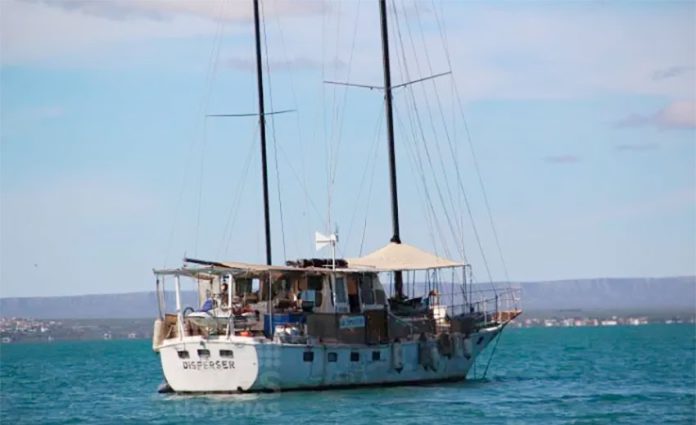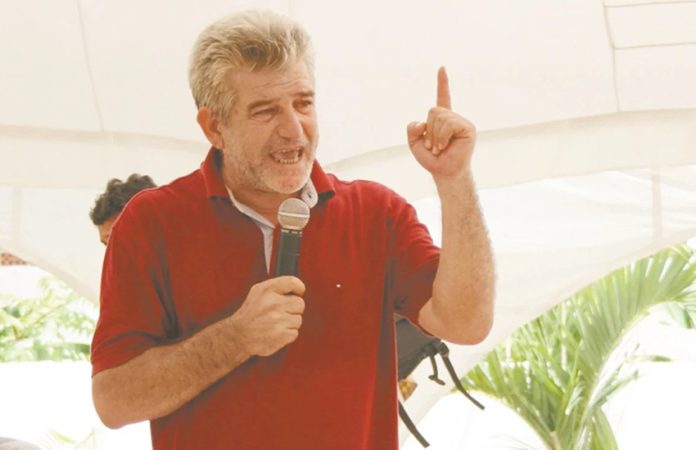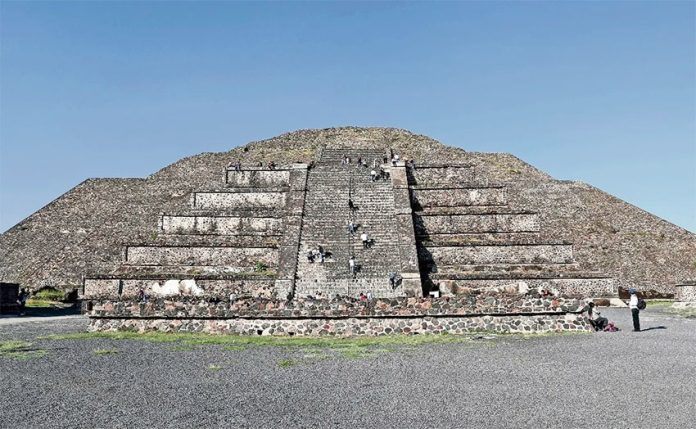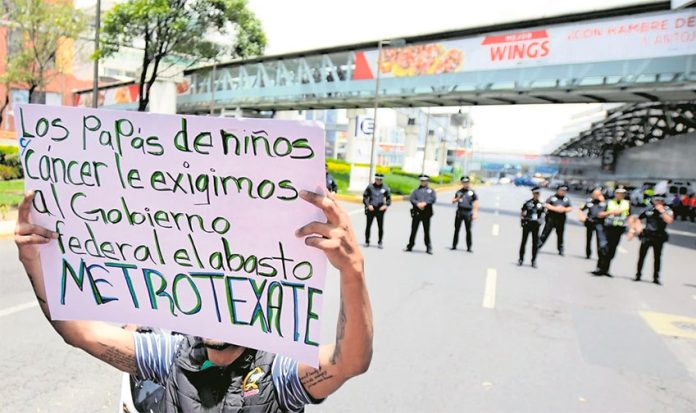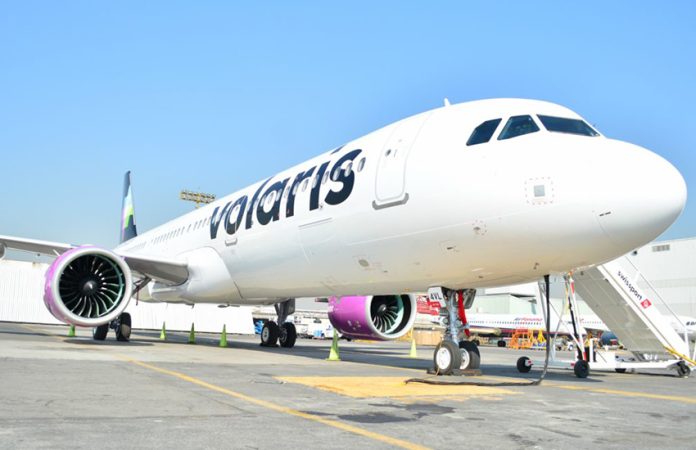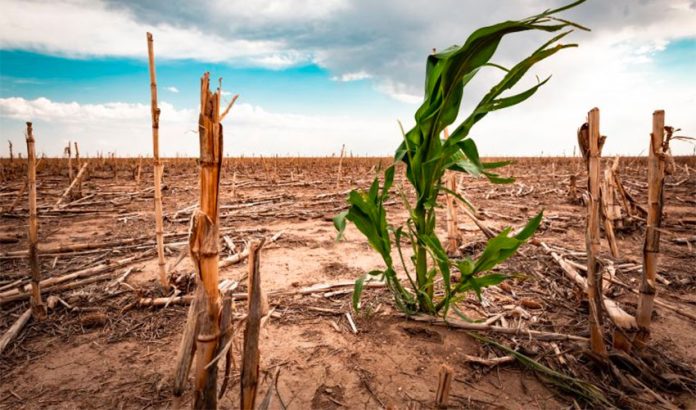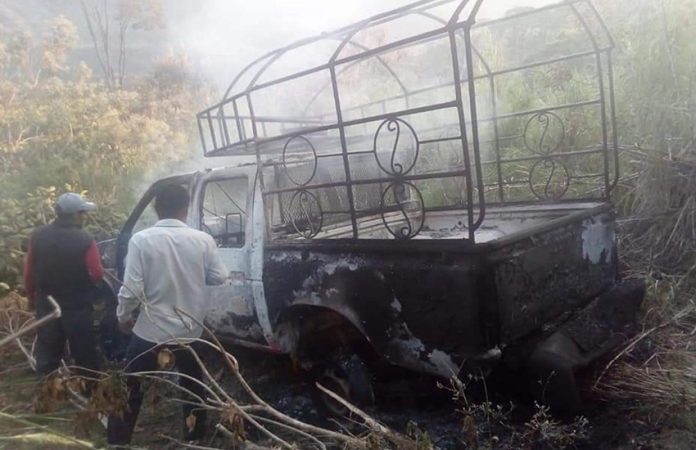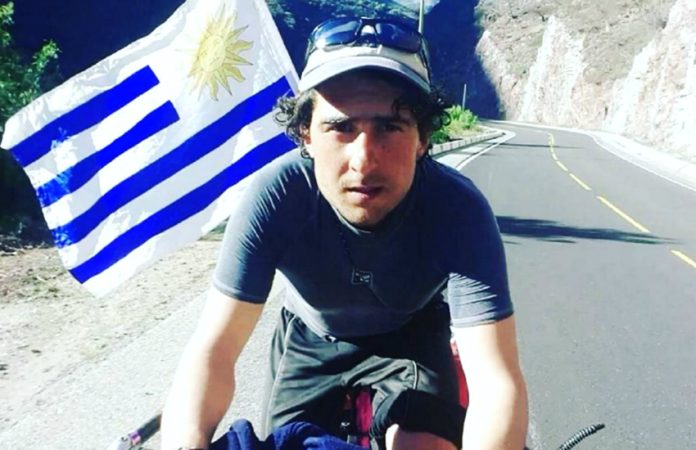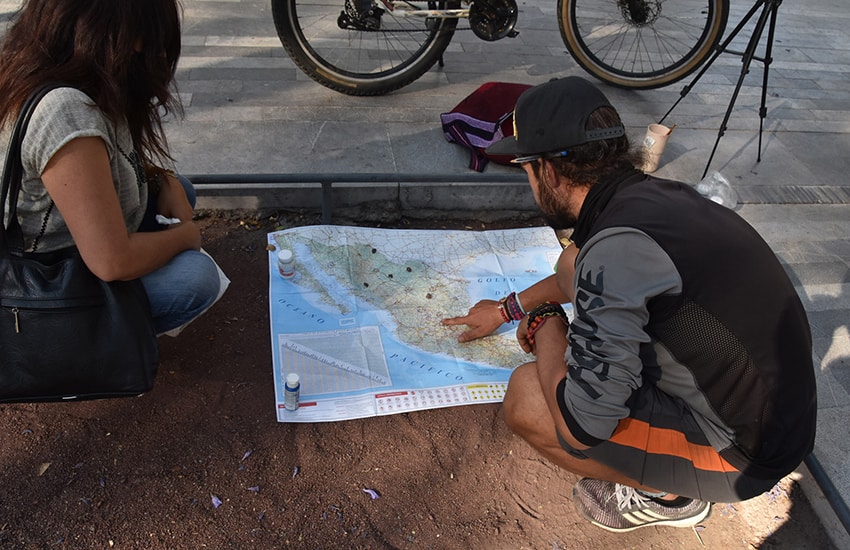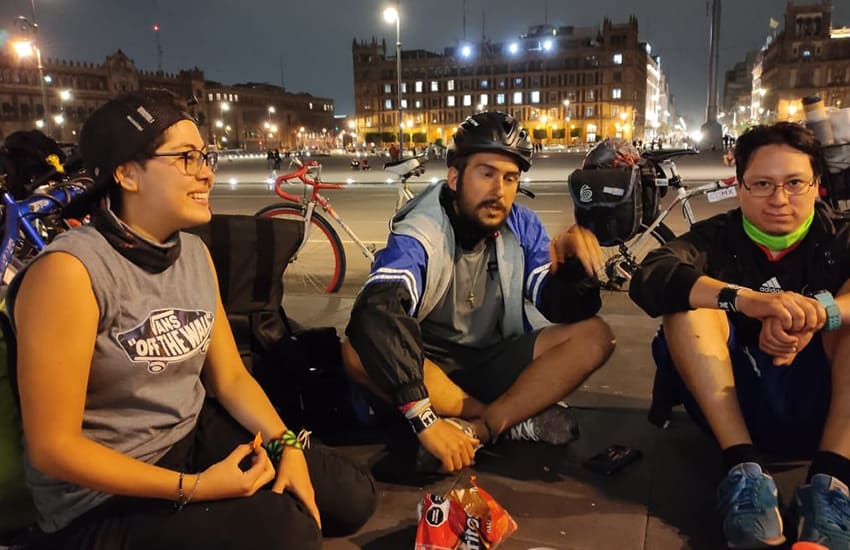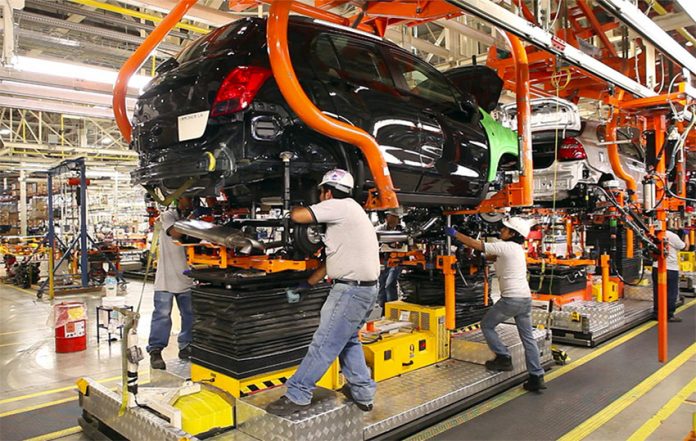The political violence plaguing Mexico in the lead-up to elections on June 6 continued on Tuesday: one candidate for mayor was murdered in Guanajuato and another was kidnapped in Michoacán.
Alma Barragán, the Citizens Movement party candidate for mayor of Moroleón, Guanajuato, was killed during a campaign event in that municipality, located in the south of the state on the border with Michoacán.
According to witnesses, armed men arrived at the event and opened fire at the candidate. Two other people were wounded, the newspaper Milenio reported. No arrests were reported.
The Guanajuato Attorney General’s Office (FGE) condemned the attack in a Twitter post. It said the attorney general had assigned a team from the Guanajuato Criminal Investigation Agency to assist the homicide squad’s investigation and efforts to detain the aggressors.
Guanajuato Governor Diego Sinhue also condemned the attack and called on the FGE to carry out a “prompt investigation.”
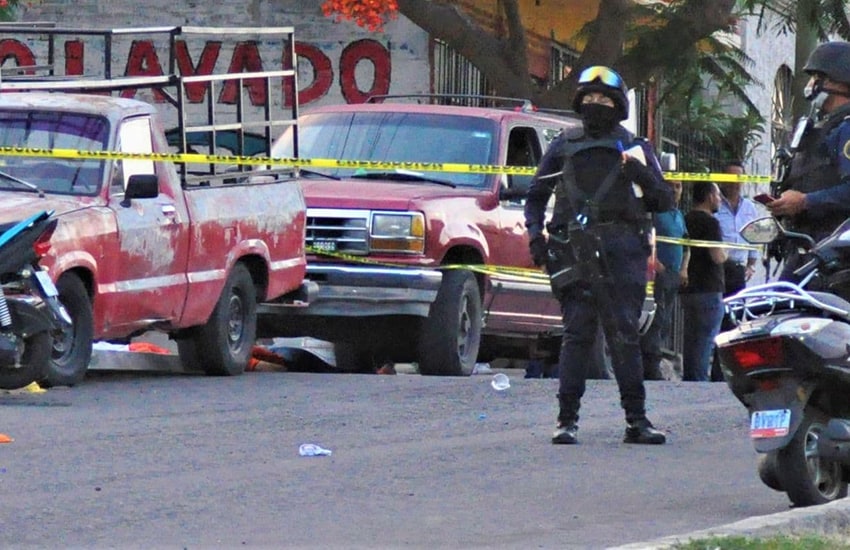
Citizens Movement national leader Clemente Castañeda offered the party’s solidarity and support to the victims and their families and urged authorities to “investigate and guarantee justice for this brutal attack.”
With the murder of Barragán, 88 politicians have been killed during the current electoral season, according to the risk analysis firm Etellekt Consultores, which tracks campaign violence. Thirty-four of those killed were candidates in the upcoming June 6 elections.
Just an hour before she was killed, Barragán uploaded a video to her Facebook page in which she invited residents of Moroleón to attend her campaign event.
“… Come and listen to my proposals, … I’ll wait for you here,” she said.
Earlier that day, a group of armed men kidnapped Omar Plancarte Hernández, Ecological Green Party of Mexico candidate for mayor of Uruapan, Michoacán.
Plancarte, an avocado producer, was abducted at approximately 2:00 p.m. on a property he owns in the municipality of Jiménez, located about 110 kilometers northeast of Uruapan, Michoacán’s second-largest city.
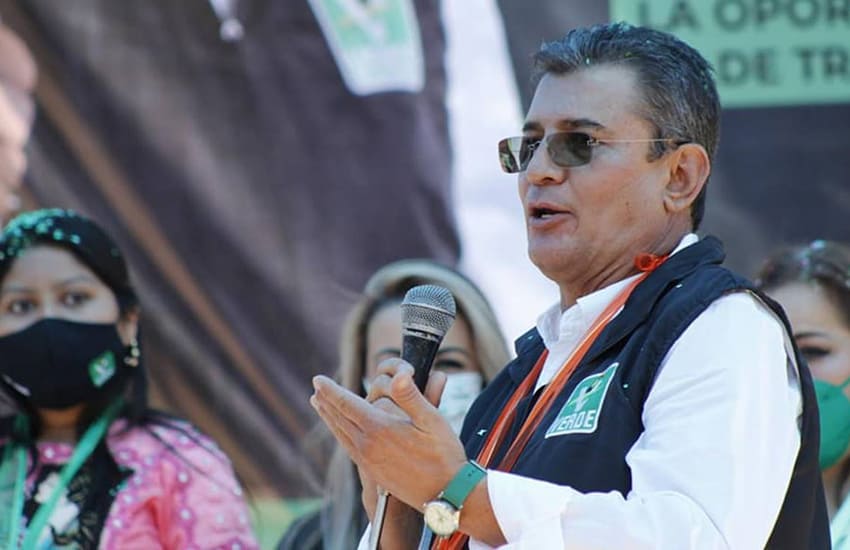
Michoacán police launched a search for the candidate but failed to locate him. Plancarte’s whereabouts remained unknown at 11:00 a.m. Wednesday.
Two of the candidate’s children were abducted and presumably killed in 2012. Plancarte blamed drug traffickers from the state of Jalisco for that crime.
Politically motivated violence is a major problem in Michoacán, where several criminal groups, including the Jalisco New Generation Cartel, are seeking to influence municipal, state and federal elections.
The situation is particularly bad in the state’s Tierra Caliente region, but violence has also occurred in Morelia, Michoacán’s capital and largest city. Two members of the campaign team of Institutional Revolutionary Party mayoral candidate Guillermo Valencia Reyes were wounded earlier this month in a gun attack whose apparent aim was to kill Valencia.
The latest attack on a candidate occurred Wednesday morning in Acapulco, where mayoral candidate José Alberto Alonso Gutiérrez was shot in Costera Vieja, in the port city’s tourist zone, while driving near the Acapulco Convention Center. According to the newspaper El Imparcial, the Force for Mexico party candidate was taken to a nearby hospital but was unhurt in the attack.
This electoral season, which officially began last September, is the second-most violent in Mexico this century, according to Etellekt. There were almost 500 acts of aggression against politicians, candidates, their collaborators and their families between September 7, 2020 and April 30, 2021, the firm said in a report published May 5.
Source: Milenio (sp), Expansión Política (sp), El Universal(sp)

